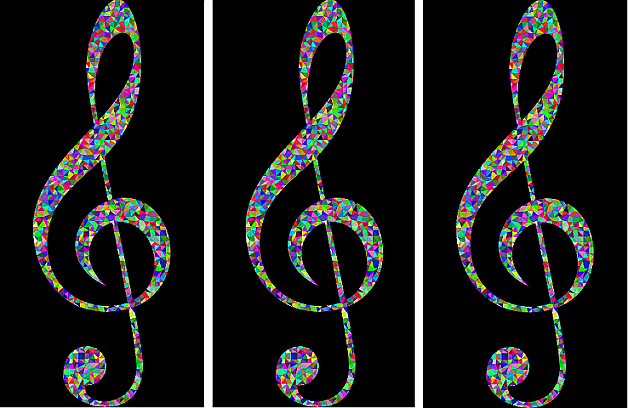How Music Can Boost Health
April 11, 2024 at 9:39 a.m.
Music is commonly seen as a recreational activity, but it can also be a useful tool for our health.
Megumi Azekawa is a board-certified music therapist and a first-year Ph.D. in Nursing Science student at the University of Washington School of Nursing. She’s been a musician most of her life, starting with piano at five and then saxophone at 12.
 Megumi Azekawa
Megumi Azekawa
“Music is biologically inherent in human nature, more than you think,” Azekawa said.
Her interest in music as a therapy started when she was working as a nursing assistant. She was struggling to get a resident with dementia ready for showering. Then Azekawa instinctively began to hum a familiar tune.
“And until then, she did not understand what I was saying at all,” Azekawa said. “From there, she started singing the entire two verses of the song, and I was stunned, and I got my goose bump moment.”
After that brief musical exchange, helping the resident got easier. The resident responded to Azekawa and easily went through the steps of her showering and bedtime routine.
That experience made Azekawa wonder how music might be able to help people with their health. “I get a therapeutic effect of music by just being a musician,” Azekawa said. “But how can we turn this around to make it an intentional way to care for others?”
Music can have a range of impacts on health, from our mood to speech and memory. For people with dementia, as Azekawa saw firsthand, music can help with symptoms across the board, from calming them to improving their thinking and helping them remember.
Music is also a great tool for improving speech issues. In her master’s degree program, Azekawa studied how a singing intervention can help speech problems common in Parkinson’s disease. Although there were too few participants in the project to definitively prove its benefit, initial results were promising and the therapeutic singing program continues to this day. In her own clinical work, Azekawa has seen how music therapy can help people communicate when their speech has been affected by stroke, traumatic brain injury, and other neurological conditions.
“I’m always fascinated by how music can reach people when somebody seems to have exhausted options,” Azekawa said.
Music therapy can also improve rhythmic processes in the body, like walking. Walking in Parkinson’s patients can sometimes become more of a shuffle, said Azekawa. Often, those patients can improve the steadiness of their walking in music therapy by following rhythms from the music they like.
“Our brains love rhythm, whether you are musically trained or not because a lot of physiological, biological functions humans possess is rhythmical in nature: heartbeat, to breathing, to walking,” Azekawa said. “And if that becomes arrhythmic, we might see doctors or nurses, right?”
Regardless of how we use music for work, health, or entertainment, “music is ubiquitous in our lives,” Azekawa said. “Musically inclined or musically trained, or just listening in the car, we get exposed in [our] own way.”
Azekawa pointed out that just humming to yourself can activate the part of the nervous system that calms you down. Singing can make you breathe more deeply and can help to think more clearly. Music can bring back fond memories instantly and help connect with others. In and outside of music therapy, engaging with music can be a great way for everyone to take care of themselves and their health.





